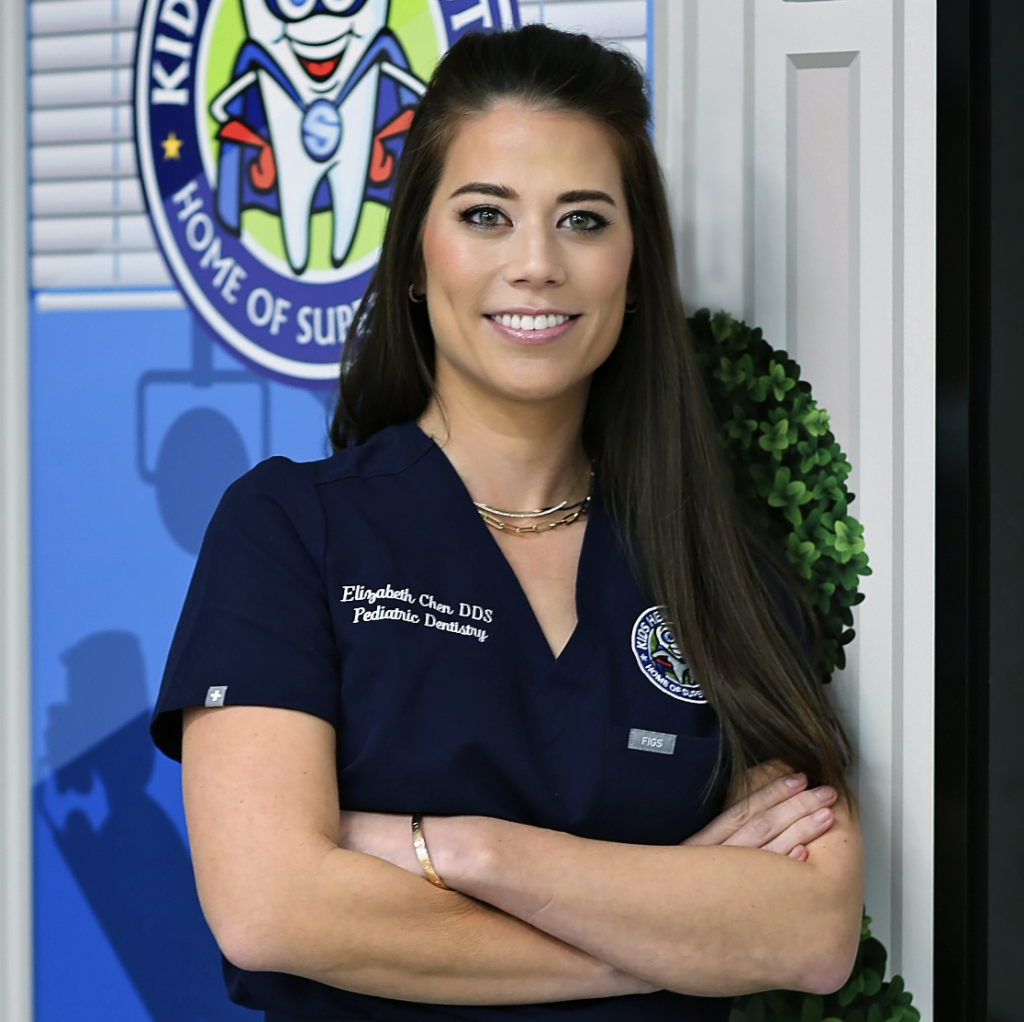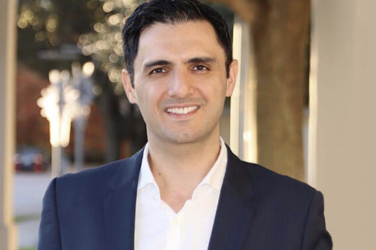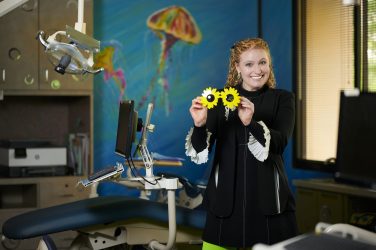
Q&A
How Do You Help Kids Feel Safe And Comfortable During Their Dental Visits?
Everything we do to help children feel comfortable when they’re with us is deliberate, careful, and clinically proven. We spend more quality time with our patients to build rapport and trust and help get them acquainted with us and our office equipment. We use an interactive “tell, show, do” hands-on learning approach to help eliminate the fear of the unknown by explaining what will happen while they’re with us in age-appropriate terms kids can understand. We show them how to brush and how we look for cavities using a cute stuffed animal with a complete set of teeth. Our treatment rooms have doors versus an open-bay concept, which helps children feel safe and secure. When they’re in the dental chair, they can watch TV or listen to music through headphones. In addition, children love our engaging, kid-friendly office décor with 3D features that capture their imagination and attention.
What’s The Difference Between A Family Dentist And A Pediatric Dentist?
Pediatric dentists specialize in treating children. We earn DDS or DMD degrees like general dentists, then continue our education, completing a rigorous two or three-year postdoctoral residency. Our training includes advanced pediatric diagnostic and surgical procedures, hospital-based dentistry, sedation dentistry, child psychology and clinical management, and child growth and development. Board-certified pediatric dentists complete optional and difficult written and oral board certification exams to become diplomates of the American Board of Pediatric Dentistry.
Should My Child Wear A Mouthguard While Playing Sports?
Although mouthguards are not always required in athletics, they can help save kids’ teeth from dental trauma, which is important. If your child is playing a contact sport like football or basketball, they can start wearing a mouthguard when they get their permanent front teeth. These front teeth are at the most risk of getting fractured between ages eight and ten.
Are Dental Sealants A Good Option For Children?
We recommend getting sealants when the first permanent molars emerge, usually around age 6-7. New molars have grooves that aren’t completely hardened or closed, and sealants help prevent cavities from forming early.
Are You Specially Trained To Administer Sedation To Children Who Need It?
Yes, most pediatric dentists like myself are specially trained in pediatric sedation during our residency. When a procedure is extensive, or a child is especially anxious or fearful, we want to prevent them from having a bad experience that can damage their psyche, so they do not develop a dental phobia — fear of dentists. Oral conscious sedation is often a great way to accomplish this without the need for general anesthesia. We’ve had parents come to us for a second opinion after being told their child would be put under general anesthesia for two fillings. My advice is to get a second opinion and find out if oral conscious sedation is an alternative for your family. As a pediatric dental sedation provider, we’re monitored by regulatory bodies and must have the required training, protocols, and equipment in our office in the unlikely event of an emergency.
About The Expert

Elizabeth Chen, DDS, MSD
Kids Healthy Teeth
Dr. Chen received her Doctorate of Dental Surgery from the University of Texas School of Dentistry, graduating salutatorian. Afterwards, she completed her residency and earned a postdoctoral certificate in Pediatric Dentistry and a Master of Science in dentistry. She is a Diplomate of the American Board of Pediatric Dentistry and involved in numerous dental organizations.










